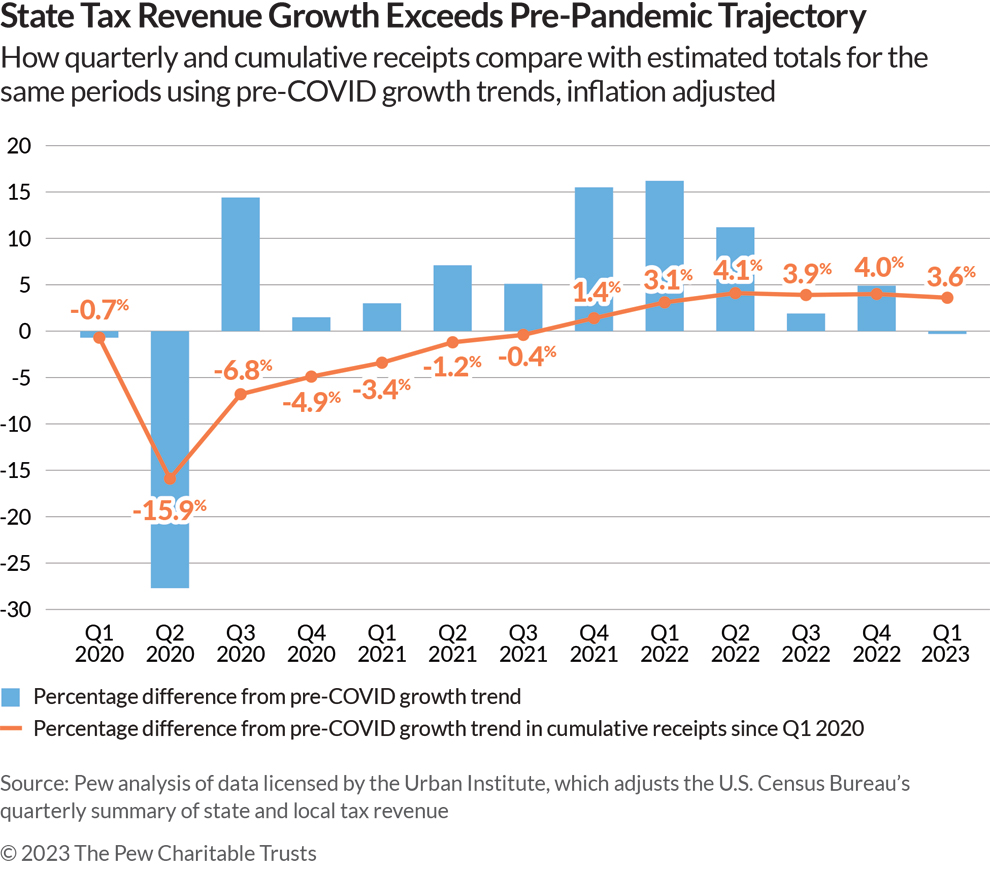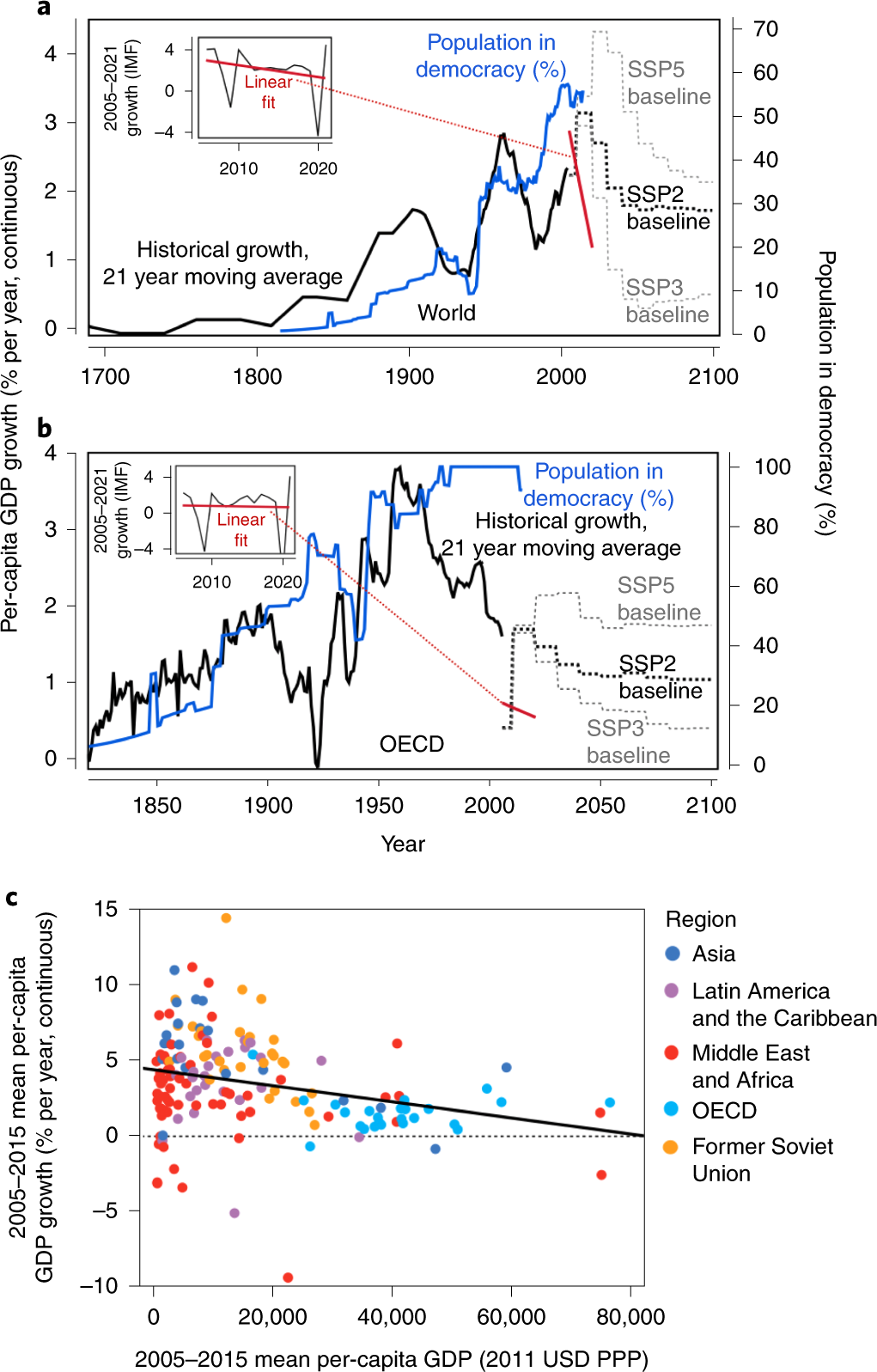
Revolutionizing Energy Management: The Role of Digital Power Control
In the ever-evolving landscape of energy management, digital power control emerges as a transformative technology, revolutionizing the way we generate, distribute, and consume power. This article explores the intricacies of digital power control and its profound impact on enhancing efficiency and sustainability.
Understanding Digital Power Control
Digital power control involves the use of advanced digital technologies to monitor, regulate, and optimize the flow of electrical power. Unlike traditional analog systems, digital control leverages algorithms, sensors, and real-time data to precisely manage power parameters. This level of precision enables more efficient energy utilization and finer control over various electrical processes.
Efficiency Through Real-Time Monitoring
One of the key advantages of digital power control is the capability for real-time monitoring. Sensors integrated into power systems continuously collect data on voltage, current, and other parameters. This data is then processed by digital controllers, allowing for immediate adjustments to optimize power usage. The result is increased efficiency, reduced energy wastage, and improved overall system performance.
Enhanced Precision in Voltage Regulation
Voltage regulation is a critical aspect of power distribution. Digital power control systems excel in providing precise voltage regulation, ensuring that electrical devices receive the optimal voltage levels for operation. This not only enhances the performance and lifespan of electronic equipment but also contributes to energy conservation by avoiding overvoltage scenarios.
Dynamic Load Balancing for Optimal Performance
Digital power control facilitates dynamic load balancing, a process that ensures power is distributed evenly among different electrical loads. By continuously analyzing the power demands of various devices and adjusting the distribution accordingly, digital controllers prevent overloading of specific circuits. This dynamic balancing not only enhances the reliability of the power system but also improves energy efficiency.
Integration with Renewable Energy Sources
The rise of renewable energy sources adds complexity to power distribution. Digital power control seamlessly integrates with renewable energy systems, such as solar and wind, optimizing the incorporation of fluctuating energy outputs into the grid. Smart algorithms adjust power distribution in real-time, accommodating variations in renewable energy production and ensuring a stable and reliable power supply.
Grid Resilience and Fault Detection
Digital power control contributes to the resilience of electrical grids by quickly detecting and responding to faults. In the event of a power disturbance or equipment malfunction, digital controllers can isolate the affected area, preventing cascading failures and minimizing downtime. This capability enhances overall grid reliability and reduces the impact of disruptions on end-users.
Smart Grids and Demand Response
The concept of smart grids, enabled by digital power control, revolutionizes the traditional power distribution model. Smart grids leverage real-time communication between power providers and consumers, allowing for dynamic adjustments based on demand fluctuations. This two-way communication fosters demand response programs, encouraging consumers to shift energy usage to off-peak hours for efficiency and cost savings.
Energy Conservation in Industrial Processes
Digital power control finds extensive application in industrial settings, where energy-intensive processes demand careful management. By implementing digital controllers, industries can optimize power usage, reduce energy costs, and minimize environmental impact. The precision offered by digital control is particularly beneficial in processes requiring varying levels of power at different stages.
Cybersecurity Challenges and Mitigation
As digital power control systems become more prevalent, addressing cybersecurity concerns becomes paramount. Safeguarding against cyber threats is essential to prevent unauthorized access and potential disruptions to power infrastructure. Implementing robust cybersecurity measures, including encryption and authentication protocols, is crucial to ensuring the reliability and security of digital power control systems.
The Future of Energy Management
Digital power control represents a paradigm shift in energy management, ushering in a future where power systems are intelligent, adaptive, and sustainable. As technology continues to advance, the integration of artificial intelligence and machine learning into digital power control holds the promise of even greater efficiency and resilience in the face of evolving energy challenges.
Explore more about Digital Power Control at dearakana.my.id.




